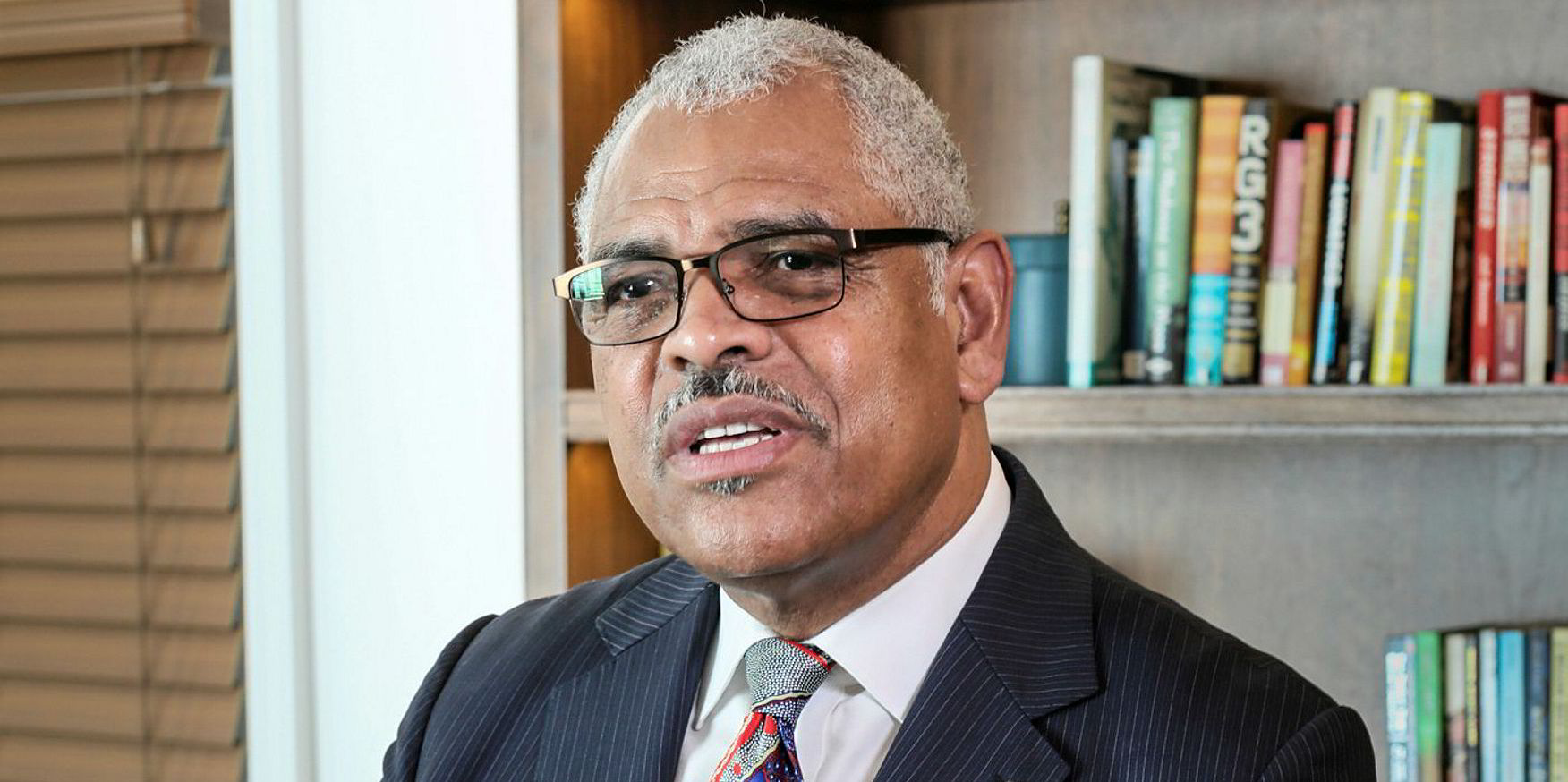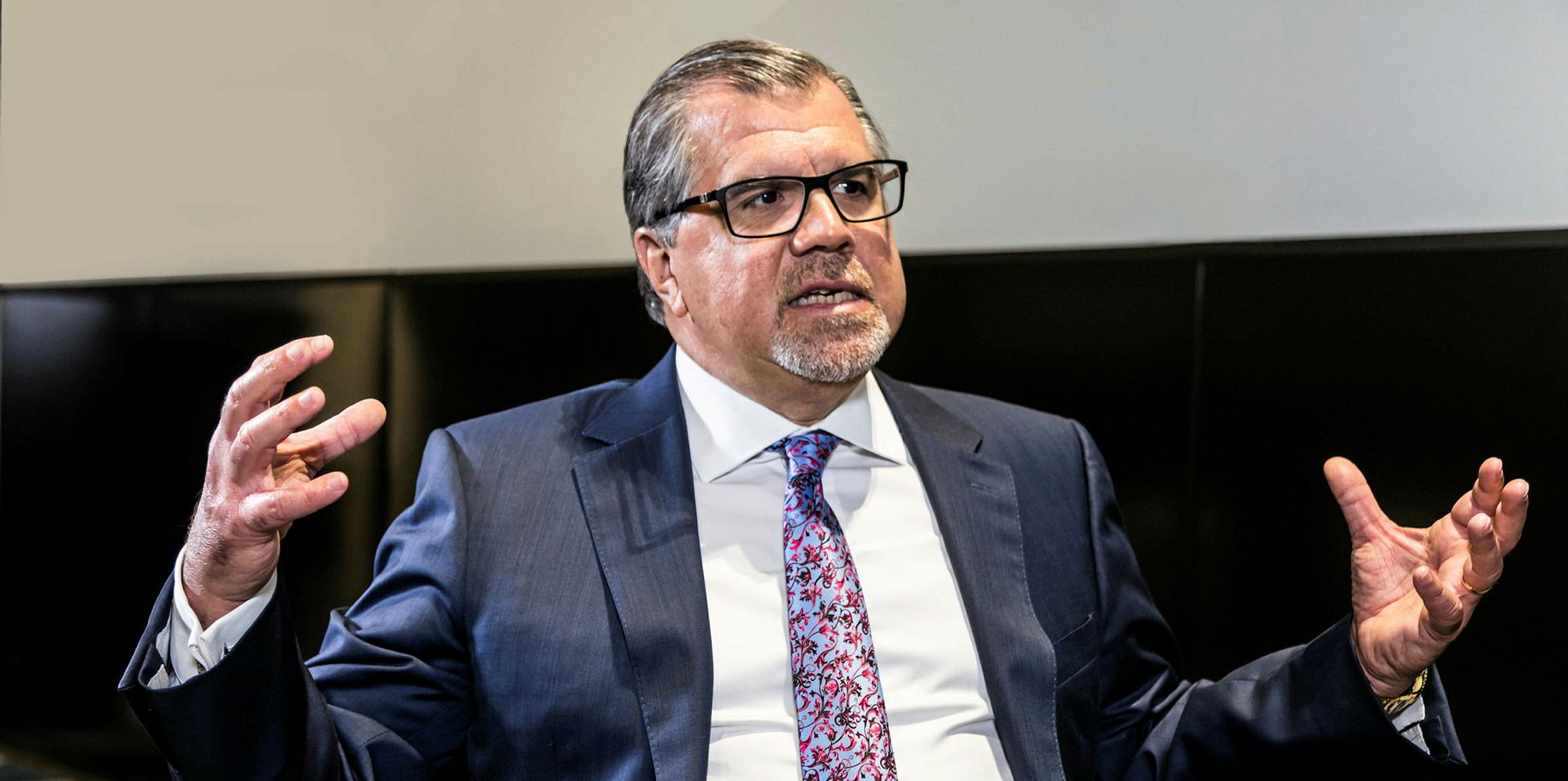Cruise companies say the collapse of German fintech company Wirecard has had minimal impact for them — but questions remain for crew who have money remaining on the firm's prepaid cards.
Wirecard filed for insolvency in June after a €1.9bn ($2.1bn) hole was found in its accounts.
Prosecutors in Germany are investigating the suspected accounting fraud and have arrested the payment processing company's ex-chief executive.
An arrest warrant has also reportedly been issued for Jan Marsalek, Wirecard’s former chief operating officer, who is said to be in the Philippines.
Wirecard has provided a number of shipping companies with payment solutions over the past three years, but its insolvency leaves the future of these arrangements in doubt.
As part of its offering to the cruise industry, Wirecard developed a payroll system that enables employees to be paid via reloadable prepaid cards.
Reports from the Miami Herald have suggested that crew pay may be affected if seafarers have cash remaining on these cards.
TradeWinds has been unable to substantiate to what extent seafarers had been using the technology.
Miami-based Royal Caribbean Cruises is aware of Wirecard's issues, but the cruise major's crew pay is not at risk, spokesman Jonathon Fishman told TradeWinds.
"We used Wirecard only to provide limited administrative services," he said in a statement.
A spokesperson for Royal Caribbean brand Celebrity Cruises said the same.

The two brands did not elaborate on what these "administrative services" entailed.
Fishman declined to say how many employees, if any, were affected by the Wirecard shortfall.
Carnival, Norwegian Cruise Line and Crystal Cruises confirmed to TradeWinds that they do not use Wirecard technology.
Passenger experience
Cruise lines appear to have used Wirecard's fintech more to meet the needs of their passengers, rather than those of their crews.
Wirecard won a contract in 2018 to provide Dream Cruises and Star Cruises — brands of Hong Kong's Genting Cruise Line — with "quick-pay" self-checkout solutions on board their vessels.
Estonia's Tallink Grupp, which operates ferries in the northern Baltic Sea, uses Wirecard technology to enable passengers from the Far East to make purchases using popular Chinese payment methods, such as Alipay, on board Tallink and Silja Lines vessels.
Neither Tallink nor Genting responded to a request for comment on how these services would be affected by Wirecard's collapse.
But any suspension in Wirecard's services is unlikely to be a pressing matter for cruise lines right now, given that most companies have paused their operations until later this year at the earliest.
Cruise offering
The cruise sector had been specifically targeted by Wirecard, which in April last year published a white paper titled "Sailing into the Future: How Digitalization Creates a Seamless Travel Experience in the Cruise Sector".
"Above all, Wirecard accompanies and supports cruise lines in implementing digital strategies and covering the entire value chain," the paper states.
"Wirecard’s vision is to work hand-in-hand with cruise companies to create new travel experiences through innovation."
The white paper outlines Wirecard's "seamless solutions" that combine transaction and customer data from sales channels to give cruise companies "completely new insights" into passenger behaviour.
"Thanks to international banking licences, transaction data from passengers can be connected in all ports worldwide," the paper states.
Clarity emerging
Wirecard North America, a separate legal and business unit to the German entity, said it is not experiencing any fallout from the collapse of its affiliate and has offered itself up for sale.
Seth Brennan, managing director of Wirecard North America, said on Tuesday that the US business continues to operate "without any disruption to clients and cardholders".
"The strong, independent cash flow and financial position of Wirecard North America allow us to operate the business on a completely stand-alone basis," he said in a statement.
The picture is becoming clearer for UK-based users of Wirecard technologies too.
Wirecard's separate UK arm, Wirecard Card Solutions, had its activities frozen by the UK's Financial Conduct Authority (FCA) on 26 June.
This resulted in some customers' payment accounts and prepaid cards effectively being frozen, but the restrictions were lifted on Tuesday.
Wirecard is the payment processor for a number of finance brands in the UK, such as banking apps Pockit, Curve, Anna Money and FairFX, which provides prepaid foreign currency cards for travel.
Meanwhile, Wirecard in Germany is expected to be carved up and sold off.
Michael Jaffe, Wirecard's court-appointed administrator in Germany, will soon ask investment banks to oversee the potential sale of some of Wirecard’s units, the Financial Times reported.
A number of prospective buyers have reportedly indicated their interest.
The main objective is to keep Wirecard’s subsidiaries in business and stabilise its operations, Jaffe said on Tuesday, after a meeting of the group's creditors.
Wirecard Bank is not currently part of the insolvency proceedings in Germany and its electronic transfers of funds are not affected, the group said on 27 June.(Copyright)









